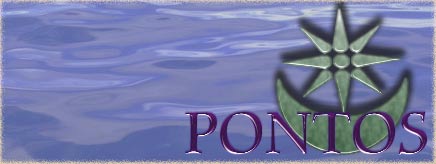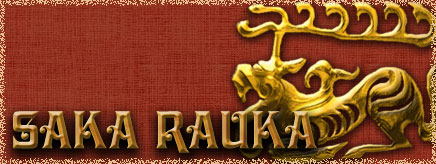(I'm a new member and I'm sorry if my english isn't very fluent) Hi, Cyclops.
I don't know anything about ancient people in England or in Scotland you refer to, but I agree with you on that: Etruscans, although they assimilated many aspects of Ellenism in 4rd and 3rd centuries b.C., maintained some of their cultural peculiarities but expressed them with greek art. In every case I think that their assimilation of Ellenistic and, then, Roman culture was slow and contiuous. Finally, their cultural identity was "standardized" to the Roman/Latin culture. That also happened to Iberians and to Veneti, for example.






 Reply With Quote
Reply With Quote









Bookmarks